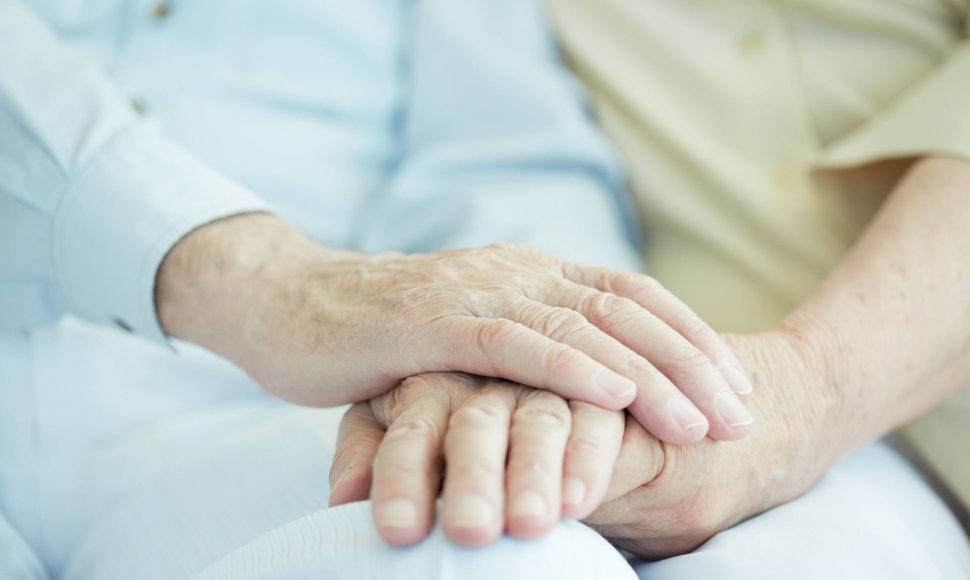Aušra Budrikienė, CEO of UAB Nemuno Vaistinė, which manages the Camelia pharmacy network, says that based on the latest data from the Camelia.lt e-store, the elderly are increasingly often deciding to remain at home and purchase various goods to be delivered home or at a drop-off point.
According to her, online shopping has a number of advantages: it helps avoid queues, offers the possibility of receiving goods directly home, exclusive e-store offers allow for savings, however most importantly, it contributes to combatting the coronavirus pandemic.
“During the lockdown, we have been urging our clients, particularly the elderly, to remain at home and purchase necessities on the Camelia e-store because remaining at home reduces the risk of infection and spreading the coronavirus, thus contributing to containing the pandemic. Our figures reveal that a number of the elderly have heeded these requests. Compared to March last year, the number of the elderly shopping in the e-store has increased sixfold,” A. Budrikienė says.
Shopping cart increases by almost a fifth
According to her, in total during the lockdown, several thousand elderly citizens shopped on the Camelia e-store, however, the number of retirees, who received the pharmacy’s goods could be far larger: “Based on the composition of shopping carts, we can see that a part of customers cares for their elderly relatives, who are unable to purchase goods on the e-store and do so in their stead, thus protecting their parents or grandparents from infection.”
She adds that during this period, there has been particular growth in demand for protective equipment, home and drop-off point deliveries. There was also an increase in the average value of a shopping cart.
“While food supplements and non-prescription medicines have remained the most popular goods among the elderly, during the quarantine, seniors more often than usually also chose to purchase protective masks and disinfectant liquid. It is worth mentioning that overall during this period, the average value of a shopping cart grew by 17% and the amount of goods sent to drop-off points has grown by more than fourfold,” the CEO of UAB Nemuno Vaistinė noted.
Help not only with technical questions
In recent years, the elderly are increasingly actively engaging with the digital world. Statistics show that five years ago, 21.9% of Lithuanian residents aged between 65 and 74 made use of information technologies. Last year, this number almost doubled – 40.4%.
With the aid of these technologies, the shopping habits of the elderly have been changing. For example, in 2015, only 0.5% of the group above’s members purchased medicines or vitamins online, while in 2019, this number had increased sixfold to 3.1%.
According to A. Budrikienė, while there is an increasing number of the elderly discovering digital space, it is inevitable that a part of them continue to face various technical problems and require particular care.
“When shopping on the Camelia e-store, the elderly quite often ask for help in creating an account, filling in and submitting a purchase or when choosing medicines prescribed by their doctor or other goods. However, we understand that this is a group of society, who, due to their respectable age and health issues, require extra attention, thus alongside technical questions, we strive to listen to their everyday health-related problems and offer the best solution,” the CEO of UAB Nemuno Vaistinė says.












